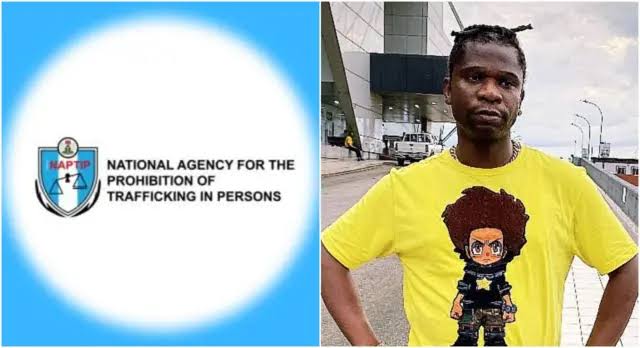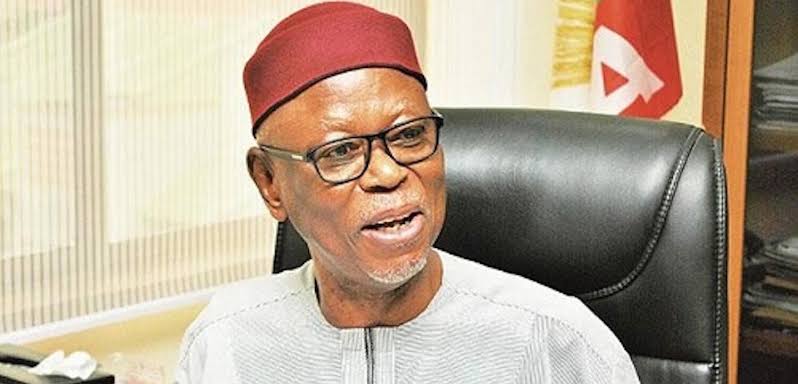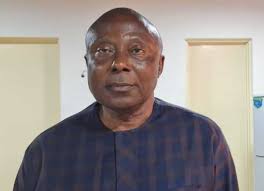Controversial Nigerian musician and internet personality, Darlington Achakpo, popularly known as Speed Darlington or Akpi, has taken legal action against the National Agency for the Prohibition of Trafficking in Persons (NAPTIP), demanding ₦3 billion in damages.
The entertainer filed the lawsuit at the Federal High Court in Abuja on July 9, 2025, through a team of female attorneys. The suit, identified as FHC/ABJ/CS/1354/2025, accuses the federal agency of defamation and unlawful declaration.
The legal move stems from a public notice issued by NAPTIP on June 27, 2025. In the notice, widely distributed through national newspapers and digital platforms, the agency declared Speed Darlington wanted. The publication included his name and photo under the prominent caption, “Wanted by NAPTIP.” According to the musician, this action has severely damaged his reputation and endangered his personal safety.
The notice by NAPTIP cited alleged criminal offenses involving rape, cyberbullying, and cyberstalking. The declaration followed a controversial Instagram livestream in which Speed Darlington allegedly made statements implying he had sexual relations with a 15-year-old girl. This prompted the agency to issue a call to the public for assistance in locating him, listing a phone number and email for tips.
In response to the declaration, Speed Darlington has not only denied all allegations but also challenged the legitimacy of the agency’s actions. He is asking the court to issue a perpetual injunction preventing NAPTIP or any of its representatives from enforcing or acting upon the June 27 publication. He contends that the accusations were made without basis and that no credible evidence has been presented against him.
The musician took to YouTube to issue a strongly worded response to the agency’s claims. In the video, he rejected the allegations and accused NAPTIP of using his name to gain attention online. Declaring his refusal to cooperate, he said, “I’m not coming. You hear me? I’m not coming. I have not committed any crime. All I did was speak.”
He further mocked the agency by stating that any official engagement with him would require an appearance fee. “₦2.5 million is what I charge for my appearance. You want to pay me ₦2.5 million plus round-trip tickets for me and my PA to come? Because I call that appearance,” he said.
Questioning the motivations behind the agency’s actions, Speed Darlington accused NAPTIP of seeking publicity. He claimed there was no legitimate complainant or proof of wrongdoing, arguing, “Where is your evidence? Who is the complainant? Do you want to use me to collect social media clout? Hey, look at us. We are doing our job. We summoned a celebrity and he came.”
Maintaining his innocence, the artist asserted that the allegations were part of a smear campaign aimed at manipulating public perception. “There is no crime. All I did was try to claim it. You have no evidence. You have nothing. So, my coming here is a waste of my time,” he stated.
As the case unfolds in court, it remains to be seen how the judiciary will assess the legal standing of both the agency’s actions and Speed Darlington’s demands. The legal challenge raises significant questions about the procedures of law enforcement agencies in handling public declarations and the reputational impact on individuals accused without formal charges.





